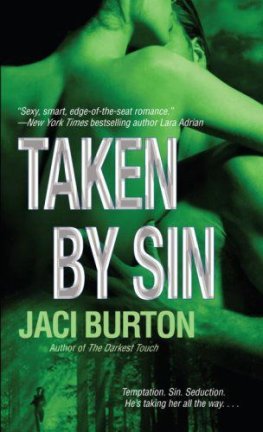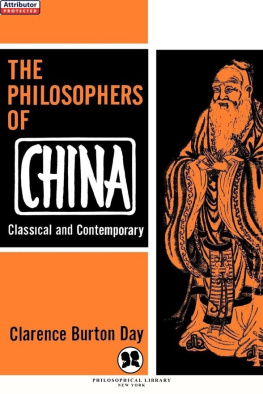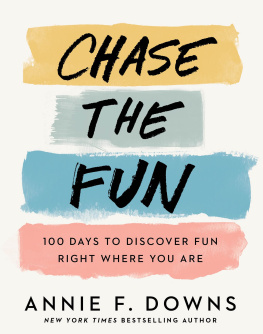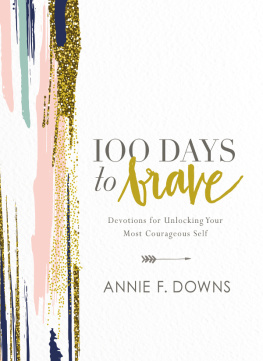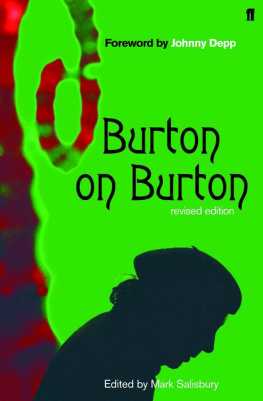RECOLLECTIONS OF A HAPPY LIFE
The memory of my happy, care-free childhood days on the plantation, with my little white and black companions, is often with me. Neither master nor mistress nor neighbors had time to bestow a thought upon us, for the great Civil War was raging. That great event in American history was a matter wholly outside the realm of our childish interests. Of course we heard our elders discuss the various events of the great struggle, but it meant nothing to us.
On the plantation there were ten white children and fourteen colored children. Our days were spent roaming about from plantation to plantation, not knowing or caring what things were going on in the great world outside our little realm. Planting time and harvest time were happy days for us. How often at the harvest time the planters discovered cornstalks missing from the ends of the rows, and blamed the crows! We were called the "little fairy devils." To the sweet potatoes and peanuts and sugar cane we also helped ourselves.
Those slaves that were not married served the food from the great house, and about half-past eleven they would send the older children with food to the workers in the fields. Of course, I followed, and before we got to the fields, we had eaten the food nearly all up. When the workers returned home they complained, and we were whipped.
The slaves got their allowance every Monday night of molasses, meat, corn meal, and a kind of flour called "dredgings" or "shorts." Perhaps this allowance would be gone before the next Monday night, in which case the slaves would steal hogs and chickens. Then would come the whipping-post. Master himself never whipped his slaves; this was left to the overseer.
We children had no supper, and only a little piece of bread or something of the kind in the morning. Our dishes consisted of one wooden bowl, and oyster shells were our spoons. This bowl served for about fifteen children, and often the dogs and the ducks and the peafowl had a dip in it. Sometimes we had buttermilk and bread in our bowl, sometimes greens or bones.
Our clothes were little homespun cotton slips, with short sleeves. I never knew what shoes were until I got big enough to earn them myself.
If a slave man and woman wished to marry, a party would be arranged some Saturday night among the slaves. The marriage ceremony consisted of the pair jumping over a stick. If no children were born within a year or so, the wife was sold.
At New Year's, if there was any debt or mortgage on the plantation, the extra slaves were taken to Clayton and sold at the court house. In this way families were separated.
When they were getting recruits for the war, we were allowed to go to Clayton to see the soldiers.
I remember, at the beginning of the war, two colored men were hung in Clayton; one, Csar King, for killing a blood hound and biting off an overseer's ear; the other, Dabney Madison, for the murder of his master. Dabney Madison's master was really shot by a man named Houston, who was infatuated with Madison's mistress, and who had hired Madison to make the bullets for him. Houston escaped after the deed, and the blame fell on Dabney Madison, as he was the only slave of his master and mistress. The clothes of the two victims were hung on two pine trees, and no colored person would touch them. Since I have grown up, I have seen the skeleton of one of these men in the office of a doctor in Clayton.
After the men were hung, the bones were put in an old deserted house. Somebody that cared for the bones used to put them in the sun in bright weather, and back in the house when it rained. Finally the bones disappeared, although the boxes that had contained them still remained.
At one time, when they were building barns on the plantation, one of the big boys got a little brandy and gave us children all a drink, enough to make us drunk. Four doctors were sent for, but nobody could tell what was the matter with us, except they thought we had eaten something poisonous. They wanted to give us some castor oil, but we refused to take it, because we thought that the oil was made from the bones of the dead men we had seen. Finally, we told about the big white boy giving us the brandy, and the mystery was cleared up.
Young as I was then, I remember this conversation between master and mistress, on master's return from the gate one day, when he had received the latest news: "William, what is the news from the seat of war?" "A great battle was fought at Bull Run, and the Confederates won," he replied. "Oh, good, good," said mistress, "and what did Jeff Davis say?" "Look out for the blockade. I do not know what the end may be soon," he answered. "What does Jeff Davis mean by that?" she asked. "Sarah Anne, I don't know, unless he means that the niggers will be free." "O, my God, what shall we do?" "I presume," he said, "we shall have to put our boys to work and hire help." "But," she said, "what will the niggers do if they are free? Why, they will starve if we don't keep them." "Oh, well," he said, "let them wander, if they will not stay with their owners. I don't doubt that many owners have been good to their slaves, and they would rather remain with their owners than wander about without home or country."
My mistress often told me that my father was a planter who owned a plantation about two miles from ours. He was a white man, born in Liverpool, England. He died in Lewisville, Alabama, in the year 1875.
I will venture to say that I only saw my father a dozen times, when I was about four years old; and those times I saw him only from a distance, as he was driving by the great house of our plantation. Whenever my mistress saw him going by, she would take me by the hand and run out upon the piazza, and exclaim, "Stop there, I say! Don't you want to see and speak to and caress your darling child? She often speaks of you and wants to embrace her dear father. See what a bright and beautiful daughter she is, a perfect picture of yourself. Well, I declare, you are an affectionate father." I well remember that whenever my mistress would speak thus and upbraid him, he would whip up his horse and get out of sight and hearing as quickly as possible. My mistress's action was, of course, intended to humble and shame my father. I never spoke to him, and cannot remember that he ever noticed me, or in any way acknowledged me to be his child.
My mother and my mistress were children together, and grew up to be mothers together. My mother was the cook in my mistress's household. One morning when master had gone to Eufaula, my mother and my mistress got into an argument, the consequence of which was that my mother was whipped, for the first time in her life. Whereupon, my mother refused to do any more work, and ran away from the plantation. For three years we did not see her again.
Our plantation was one of several thousand acres, comprising large level fields, upland, and considerable forests of Southern pine. Cotton, corn, sweet potatoes, sugar cane, wheat, and rye were the principal crops raised on the plantation. It was situated near the P River, and about twenty-three miles from Clayton, Ala.




